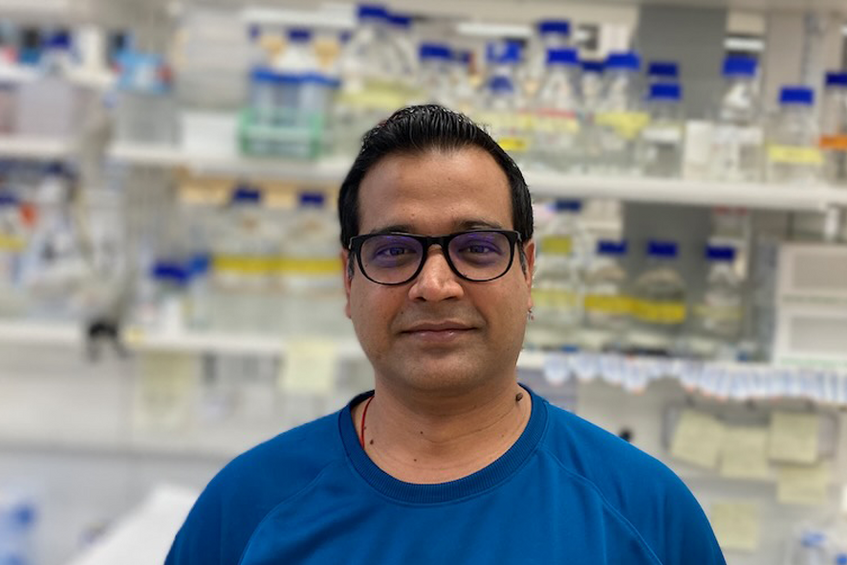Student Jobs
Coming Soon
Coming Soon
Coming Soon
Thesis Topics
Msc Tittle:
Decoding the Transcriptional Logic of a Decentralised Nervous System Present in the Cnidarian Nematostella vectensis
Description :
Conserved terminal selector genes (TSGs), regulate neuronal identity across different phyla and this has prompted us the idea about presence of conserved transcriptional code as an evolutionarily inherited cellular signature. Our project aims to investigate whether this conserved code also orchestrate the early-evolved decentralized nervous system of the cnidarian Nematostella vectensis, or if it is a unique feature associated with the regulation of neuronal identitiy in the centralized nervous system of bilaterians.
In the first phase, we have identified candidate transcription factors through single-cell RNA sequencing analyses of distinct neuronal clusters. In this project, we would validate their spatial and temporal expression patterns using in situ hybridization (ISH) across developmental stages as well as targeted knockdown experiments of selected transcription factors would also be performed to assess their roles in specifying neuronal subtypes in Nematostella.
Ultimately, this study seeks to uncover whether ancestral mechanisms regulating neuronal diversity in cnidarians are evolutionarily conserved and contributed to the emergence of neuronal complexity in bilaterians.
Contact Person

Abhishek Kumar Mishra
abhishek.mishra@univie.ac.at
Expiry Date
31/12/2025
Msc
Origin and Evolution of Glial system
Description
In bilaterians, the nervous system comprises neurons and glial cells—neurons transmit signals, while glia support neural function and maintain homeostasis. Although early-evolving animals like ctenophores and cnidarians possess nerve nets, glial cells have so far been identified only in bilaterians. This raises a fundamental unanswered question in glial biology: When did glial cells first originate, and what were their initial functions?
Our research focuses on cnidarians, the sister group to bilaterians, which have a simple, decentralized nervous system. Notably, they express many genes linked to glial functions, suggesting that glial cells may have co-evolved with neurons. This project aims to identify and characterize glial-like cells in the Nematostella vectensis using molecular and imaging techniques, revealing the evolutionary roots of glial cell types and their conserved genetic programs.
Contact Person

Abhishek Kumar Mishra
abhishek.mishra@univie.ac.at
Expiry Date:
31/12/2025
Msc Tittle:
Tracing the Roots of Neuronal Complexity in Animals: Insights from the Cnidarian Nematostella vectensis
Description:
Nervous system is a defining feature of most metazoans, yet its evolutionary origin remains poorly understood. What were the ancestral features of the first nervous system and how did they evolve to generate neuronal complexity in higher animals?
To address these questions, we work on cnidarians that are placed in a phylogenetic tree as sister group to all bilaterians and therefore is a key to understand evolution of the bilaterian nervous system. The cnidarian nervous system, often described as a “diffuse nerve net” lacking brain centralization and serves as an ideal model for investigating early neural organization.
This project aims to validate neuronal subtypes identified through single-cell RNA sequencing by selecting highly specific marker genes from each cluster and examining its spatial and temporal expression via in situ hybridization (ISH) across developmental stages. Our goal would be to unravel complexity of the Nematostella nervous system, providing key insights into the architecture of primitive neural circuits.
Contact Person

Abhishek Kumar Mishra
abhishek.mishra@univie.ac.at
Expiry Date:
31/12/2025
